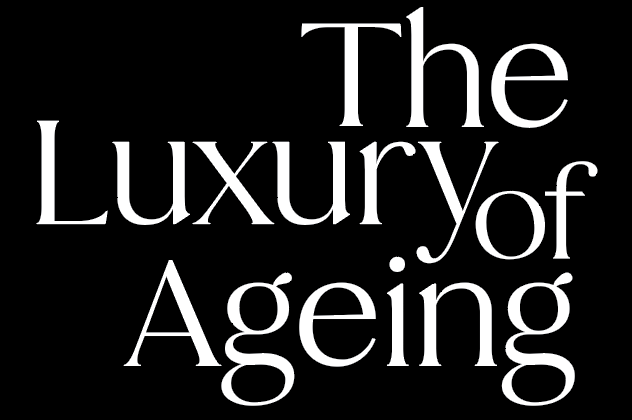Nicolas Roope is an award winning creative (including D&AD Black, Webby Awards, Cannes Lions and One Show Pencils). He is currently Chief Creative Thinker @
GGGGGGGGG. He founded various companies including Poke, Plumen, Lovie Awards, Hulger and Internet Week. He is also a consultant, partner, NED, where his tech, creative, design, sustainability and strategy chops count.

